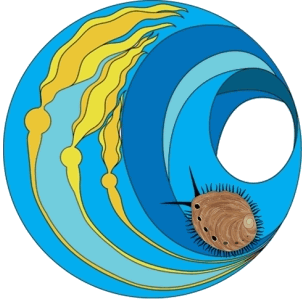Understanding harvesting decisions in the context of climate change

Elena Finkbeiner, Micheli Lab, Hopkins Marine Station
As fishers and other coastal resource users are now confronted with an increasing rate of uncertainty from climate change, a critical question becomes, how does uncertainty and unpredictability change harvesting behavior? The dominant hypothesis to date suggests that when environmental uncertainty increases, harvesting pressure also increases, resulting in higher probabilities of resource depletion and poor collective outcomes. We are testing this assumption using field experimental economics, or the study of individual choice behavior under variable conditions of uncertainty with fishers in Baja California. Through a series of economic experiments, using realistic biological and socio-economic parameters, we are studying the decisions Baja fishers make when harvesting abalone, an invertebrate particularly vulnerable to changing oceanographic conditions and mass mortality events. Our findings suggest that fishers in the region systematically and voluntarily reduce their harvest under conditions of high uncertainty in an effort to counteract external drivers of resource depletion, contrary to expectations. Furthermore, we find this behavior is contingent on fishers’ past experiences with uncertainty, strong social capital, and high levels of institutional organization and capacity. These findings suggest that fishers are not just passive victims of climate change, but have the capacity to influence their own resilience and the resilience of the marine environment on which they closely depend.
